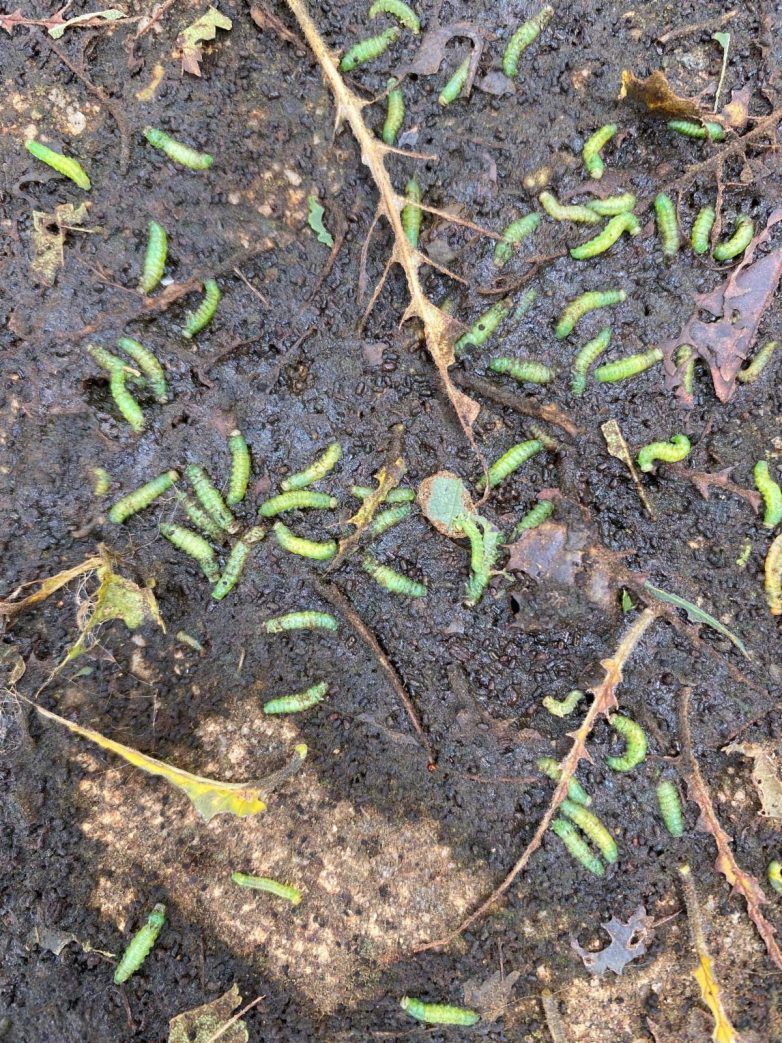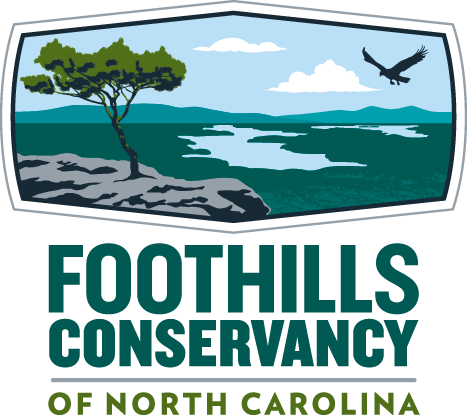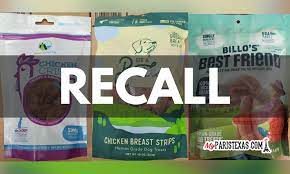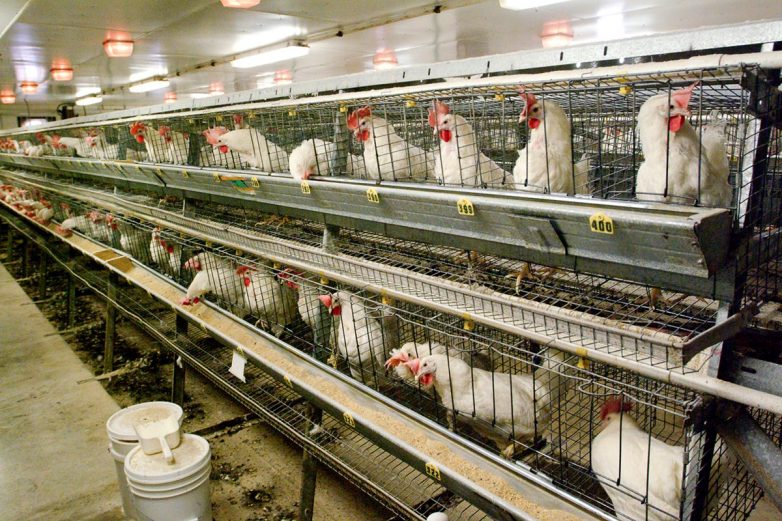April 1, 2024 By Deborah Keller Rutherford County has been chosen to receive a federally […]
Category: Agriculture
Elm zigzag sawfly becomes newest invasive species in North Carolina
WESTFIELD – North Carolina’s newest invasive pest was recently found in Surry and Stokes counties by […]
Foothills Conservancy of North Carolina earns national recognition for strong commitment to public trust and conservation excellence
MORGANTON, N.C. — On August 18, 2022, Foothills Conservancy of North Carolina received its national […]
Goldsboro company recalls dog treats after NCDA&CS tests show presence of Salmonella
RALEIGH – Stormberg Foods LLC of Goldsboro is voluntarily recalling chicken strips and chicken […]
Lake Lure Farmer’s Market – Fridays in Lake Lure!
Lake Lure Farmer’s Market – Friday’s in Lake Lure! Friday, July 1, 2022 – 3:00pm […]
Breach of Cliffside Cone Mills Dam on the Second Broad River
Cliffside, NC — On June 22, 2022, a breach in the old Cliffside Cone Mills […]
Local farms open for spring events
RALEIGH – Residents and visitors looking for farms that offer outdoor experiences and local food […]
NCDA&CS extends strong recommendation to poultry owners
Continue strict biosecurity measures due to threat of HPAI Recommendations include keeping birds enclosed/indoors if […]
N.C. Forest Service urges residents to exercise caution when burning debris
RALEIGH – With spring fire season upon us, the N.C. Forest Service is asking residents […]
31 Animals Seized; RC Woman Arrested
On February 24th 2022, the Rutherford County Sheriff’s Office and Rutherford County Animal Control executed […]









